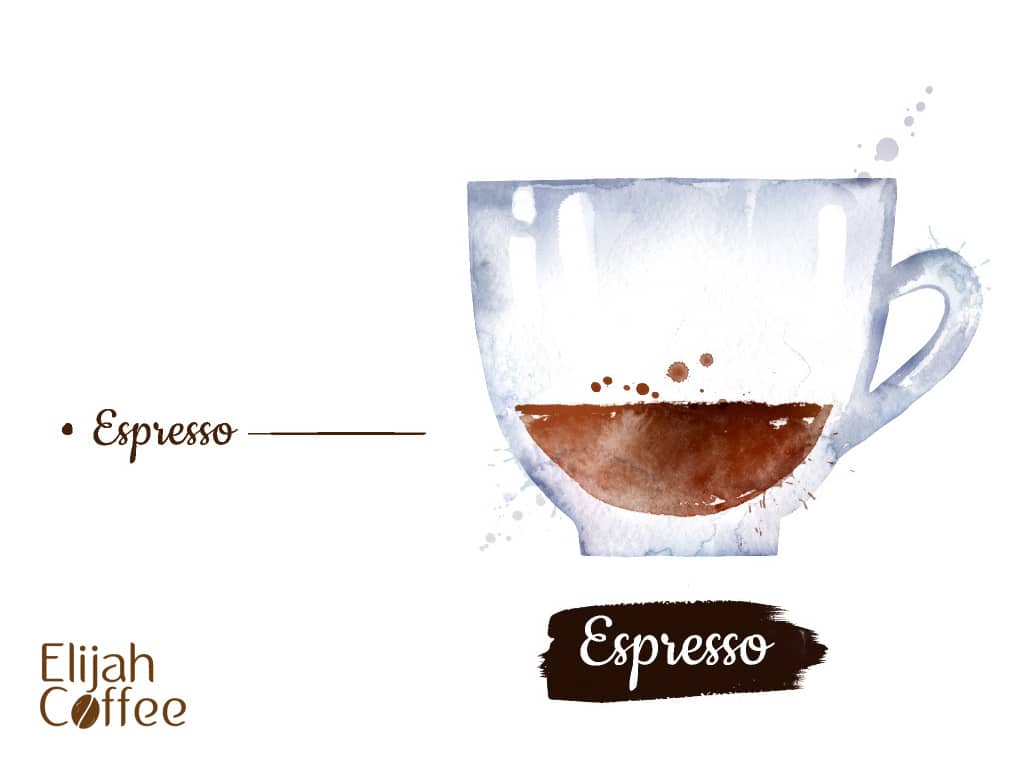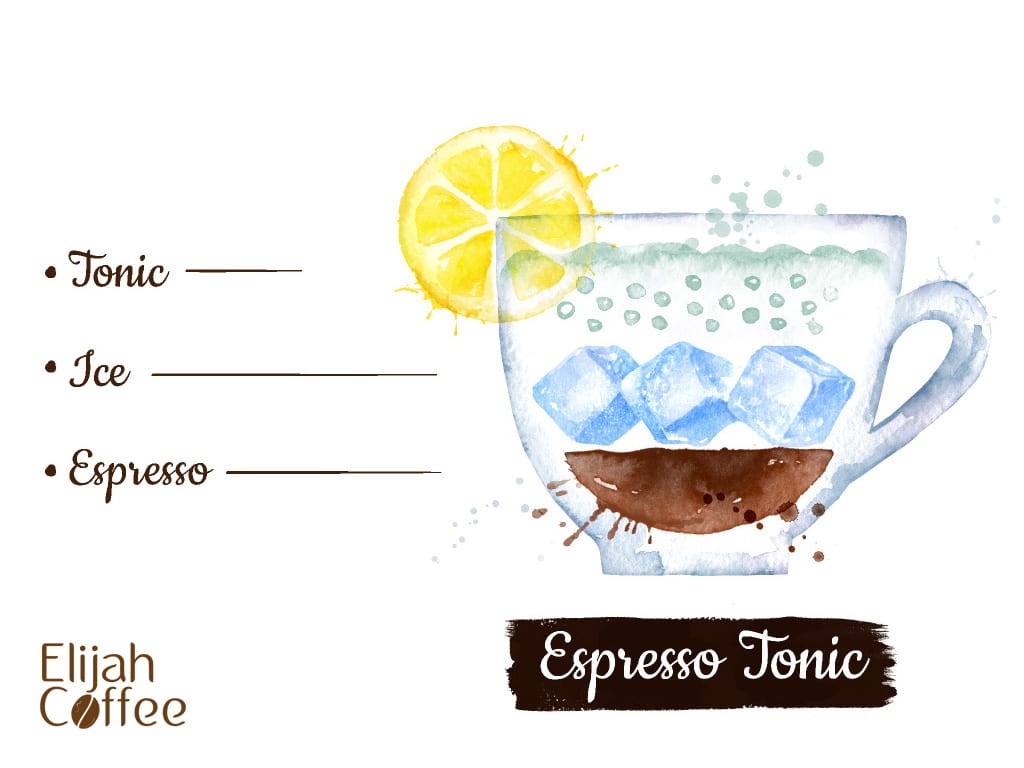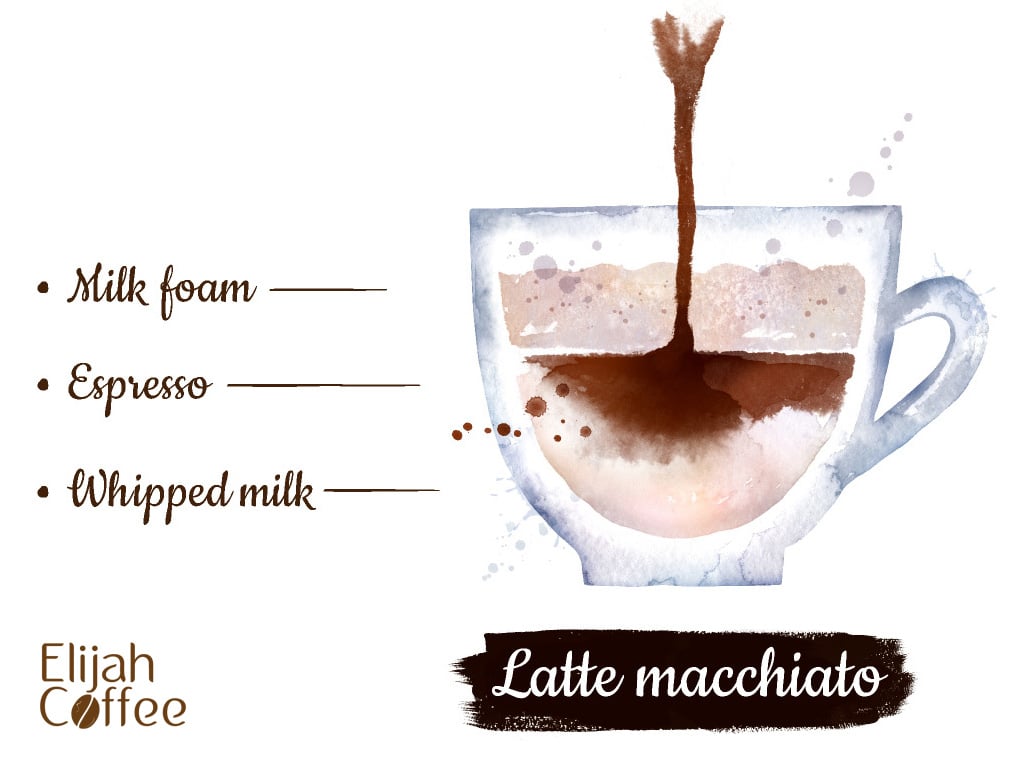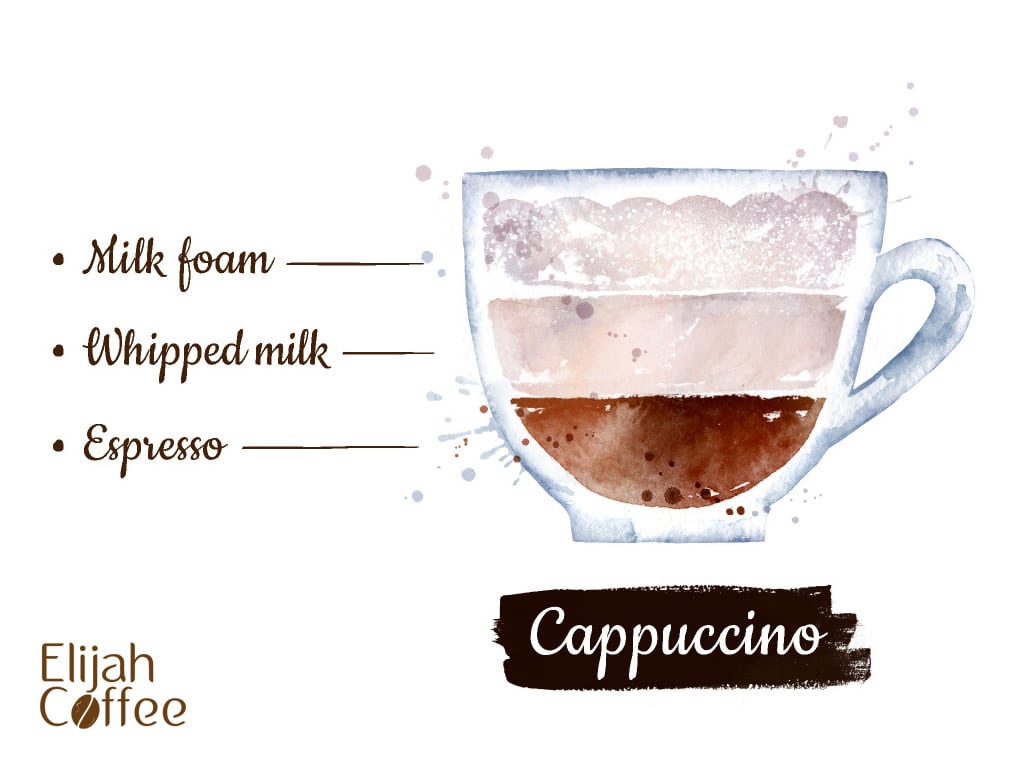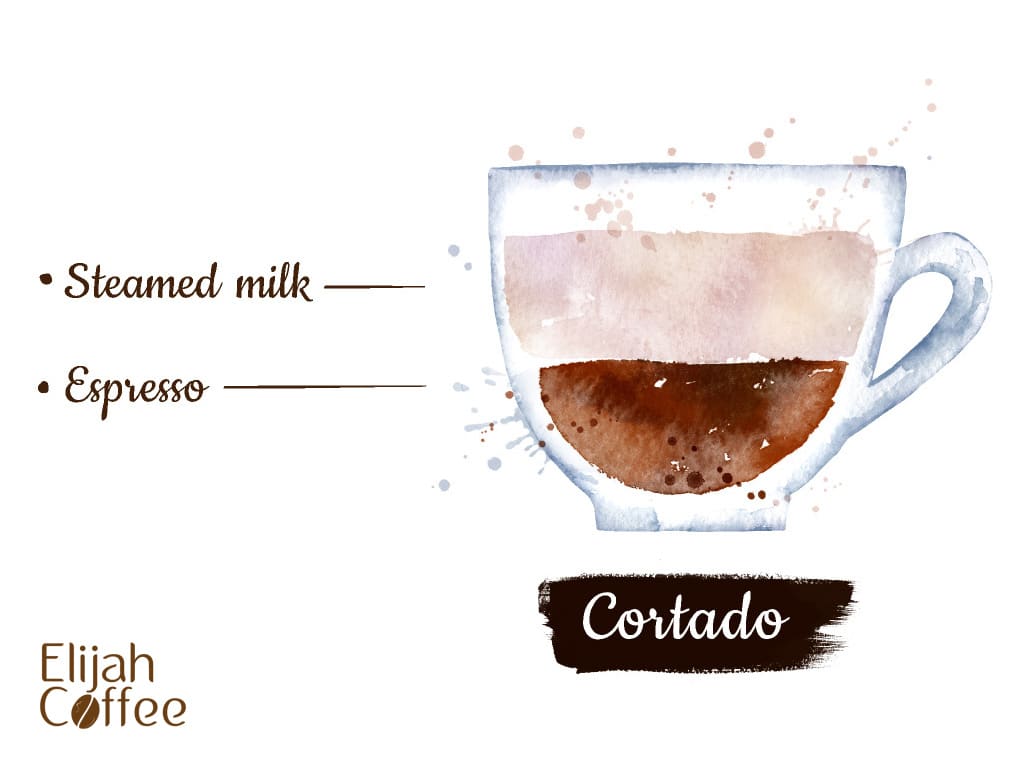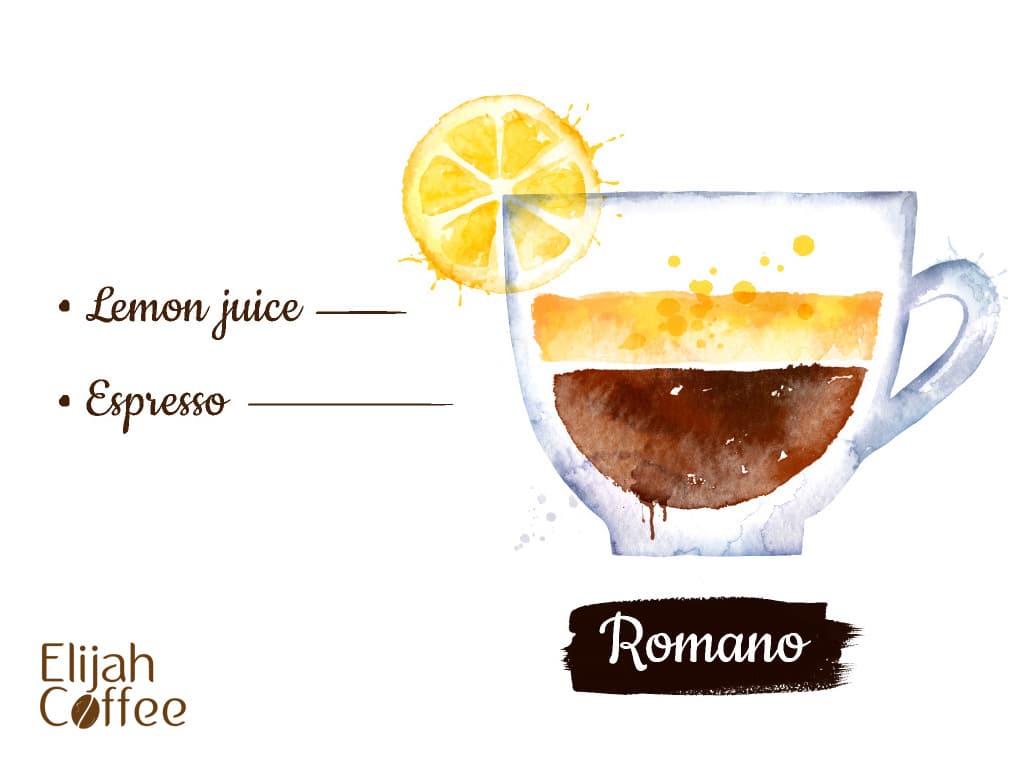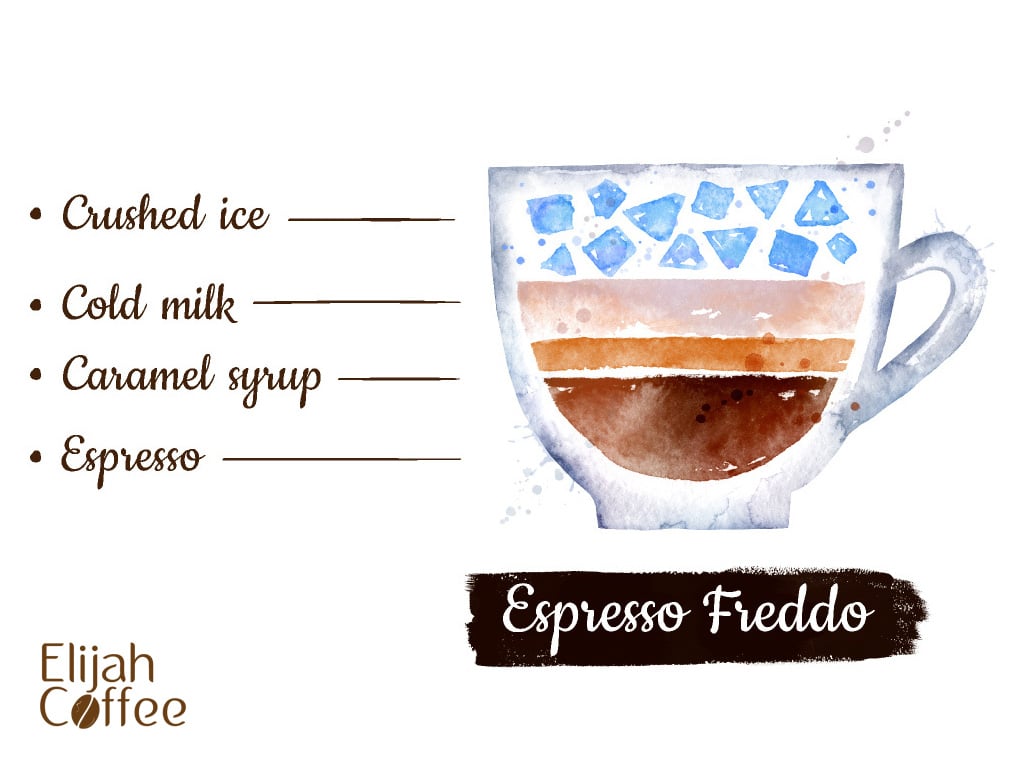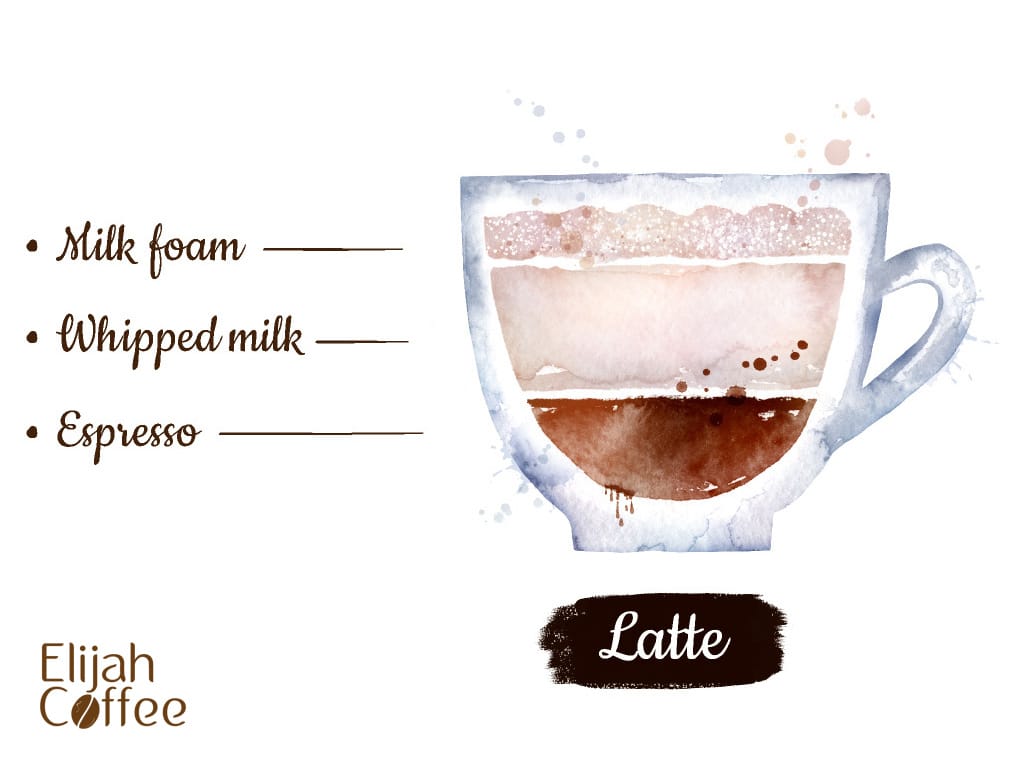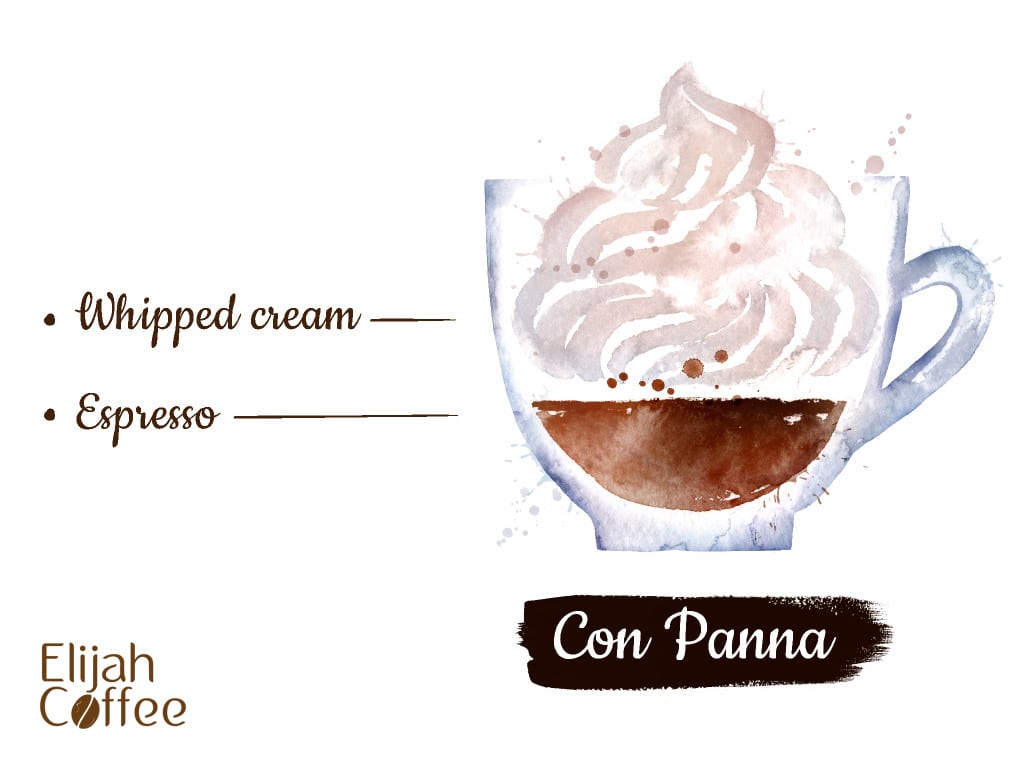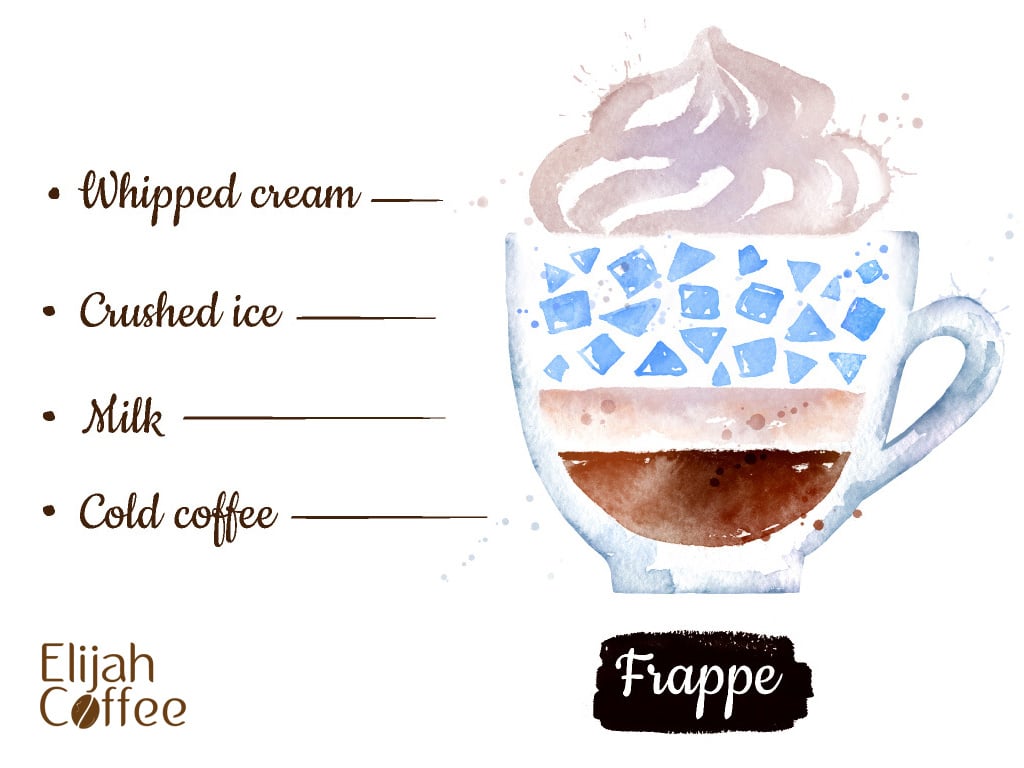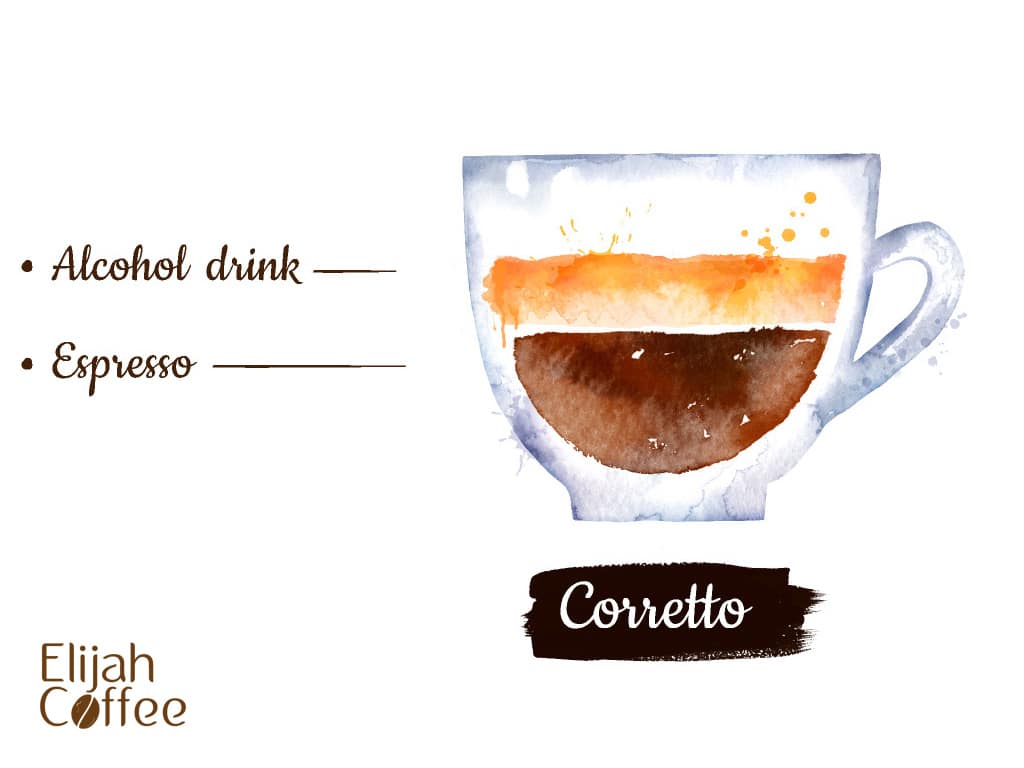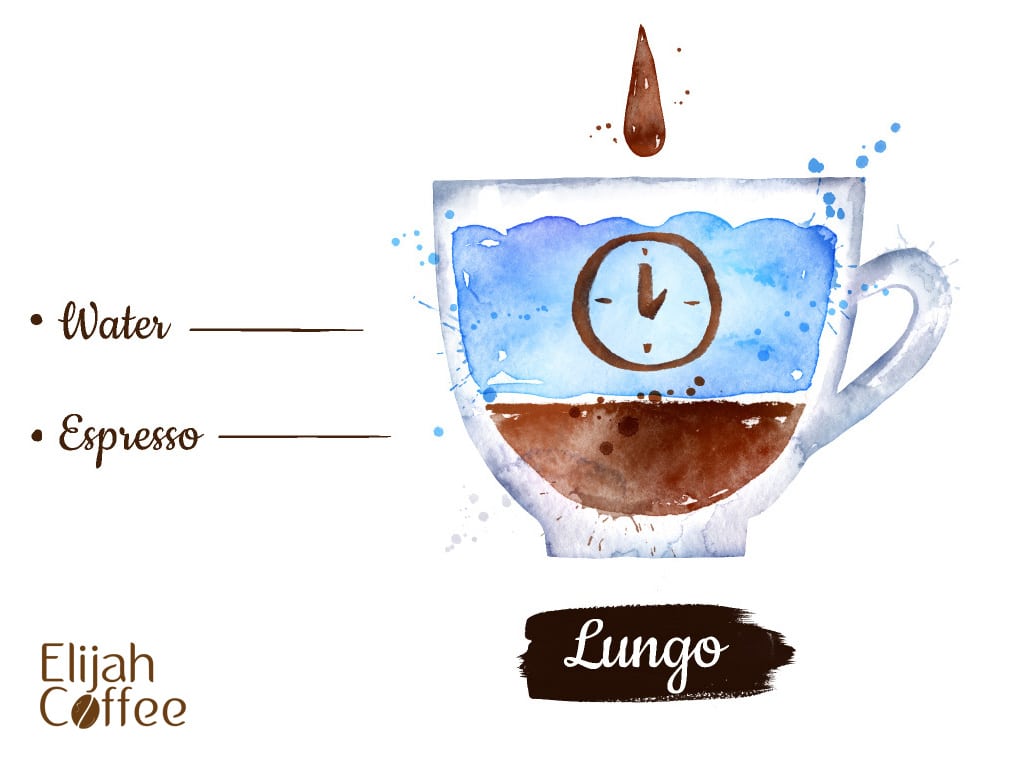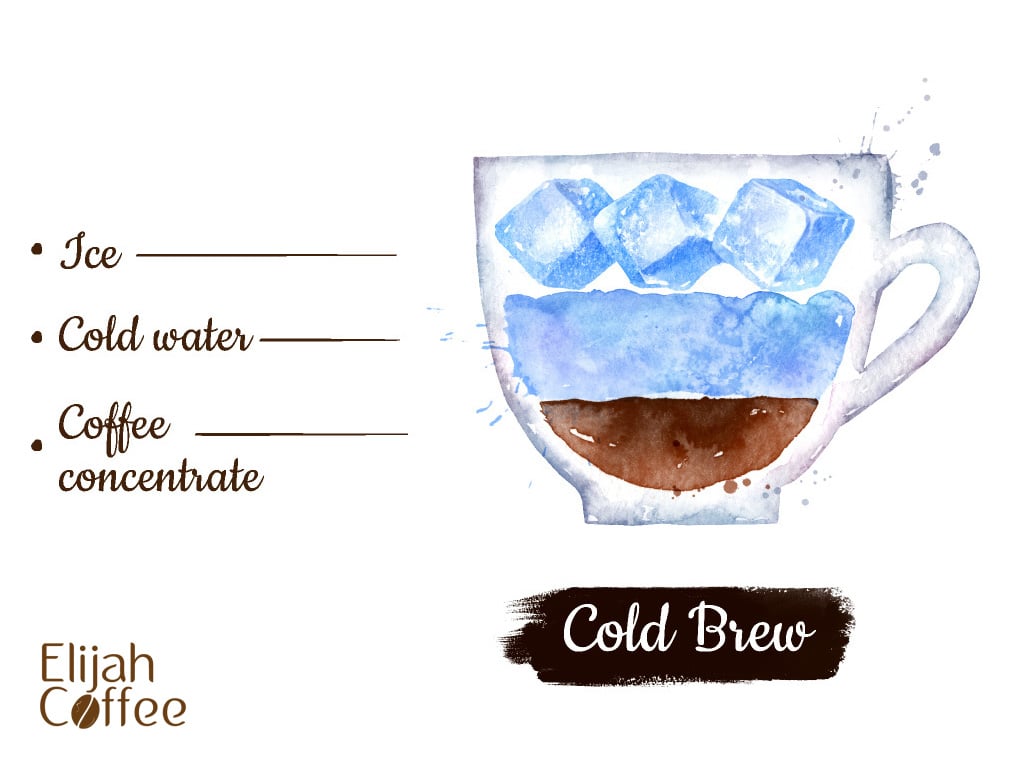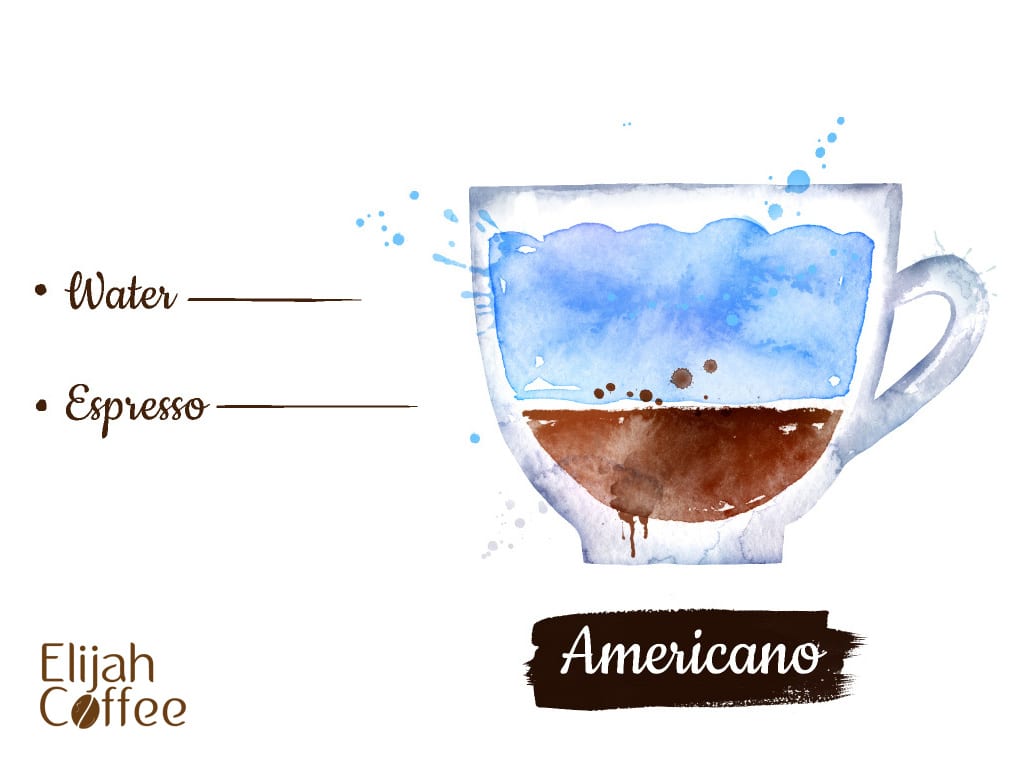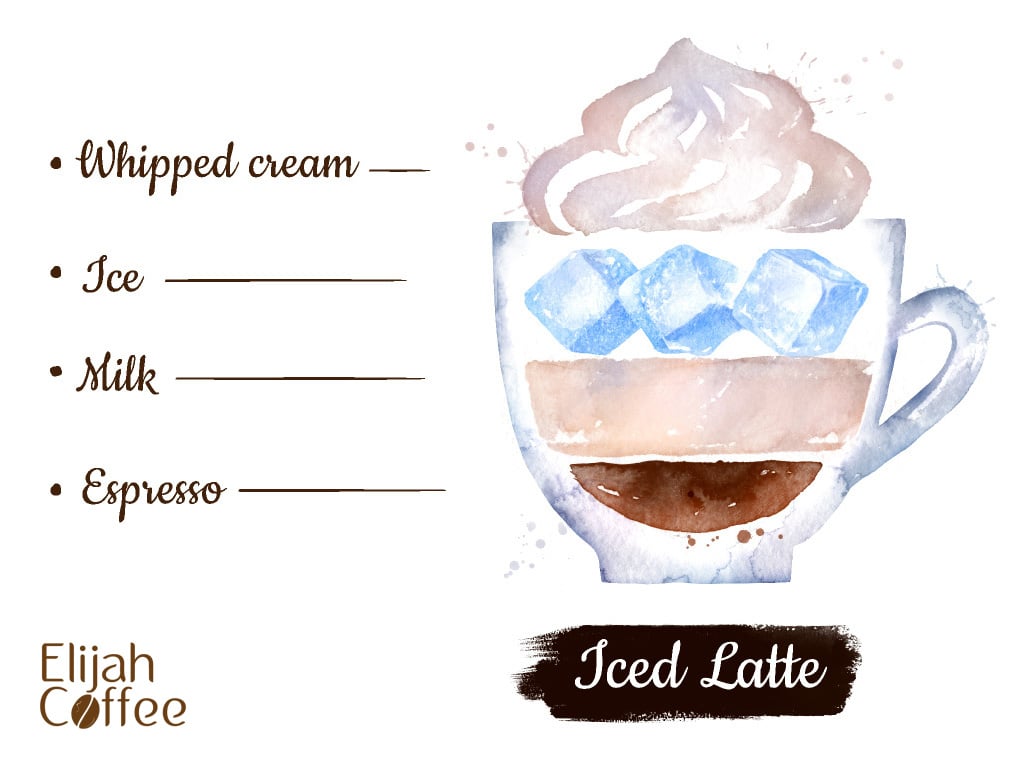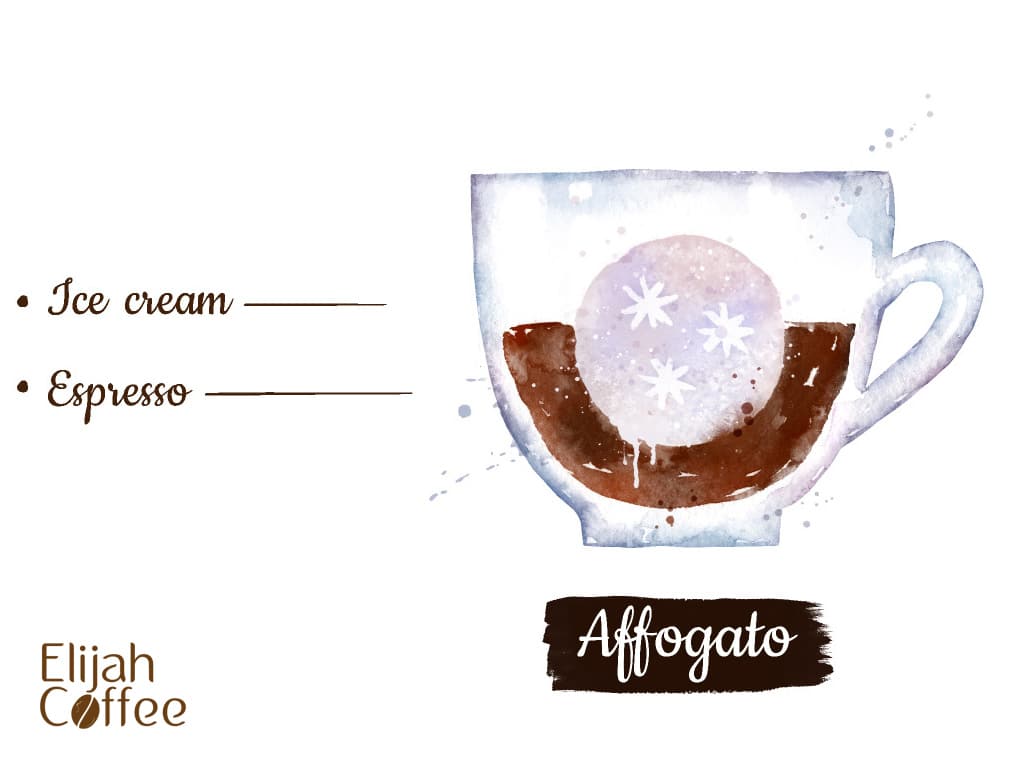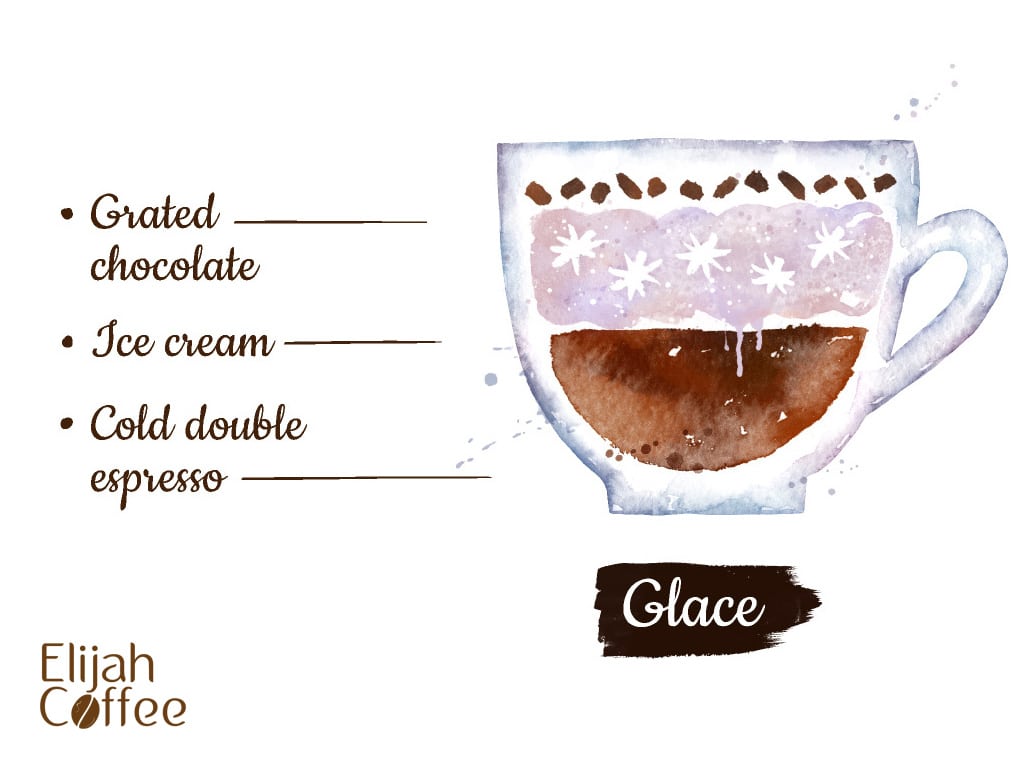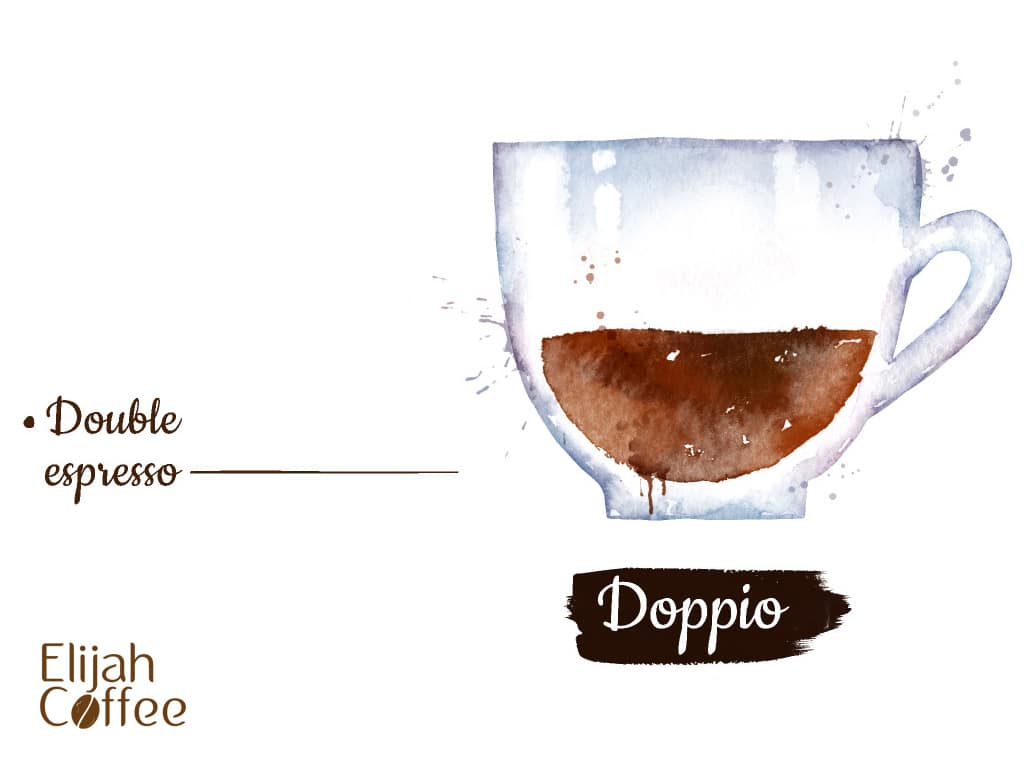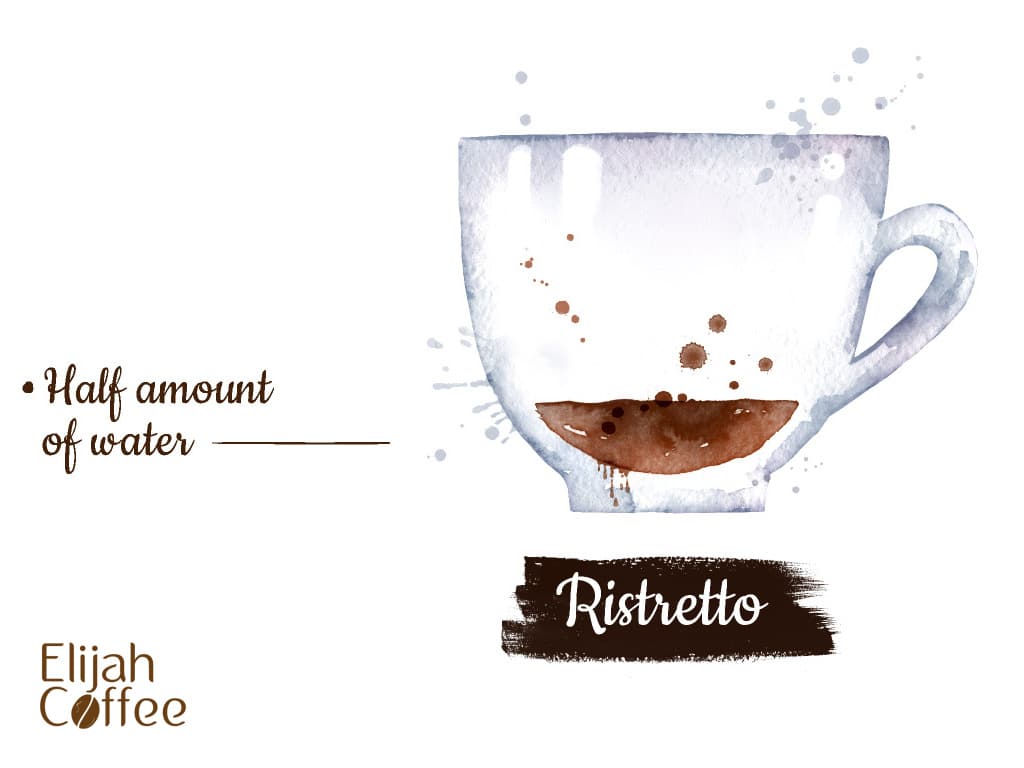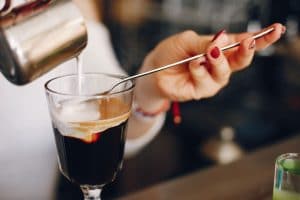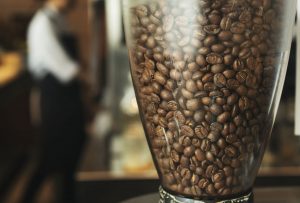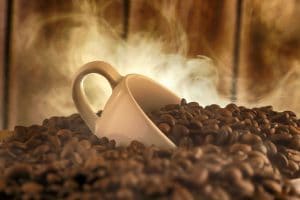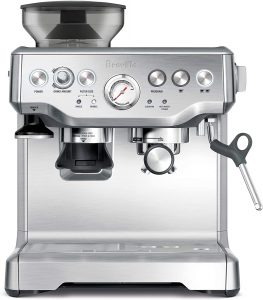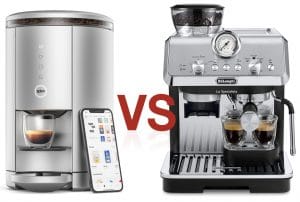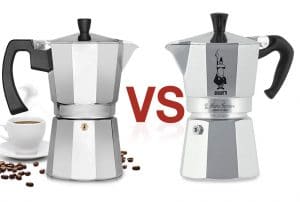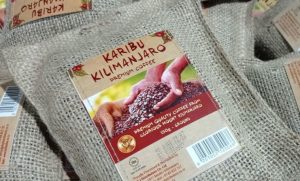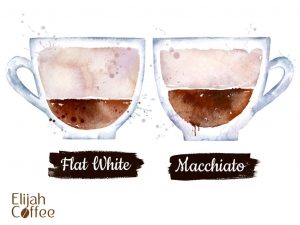Vanilla is a flavor that may be found in many foods and beverages, including breads, cakes, ice cream, and coffee. Vanilla is one of the most popular tastes in the world.
However, when you want to flavor a dish or drink with vanilla, you may be perplexed by vanilla syrup and vanilla extract. Vanilla syrup and extract are both available on the market, yet they are different from one another.
Vanilla Extract vs Vanilla Syrup: What’s the Difference Between The Two?
Vanilla syrup and vanilla extract aren’t the same thing. Vanilla extract is created using vanilla beans and alcohol, whereas vanilla syrup is a mixture of sugar and water with natural vanilla flavor.
This is why professional cooks prefer to use real extracts rather than imitation ones because they are more flavorful.
Because of the sugar in it, vanilla syrup is thicker than vanilla extract. Experts use vanilla extract if they want a more delicate flavor in their coffee.
Vanilla Extract vs Vanilla Syrup: How Are They Made?
The most important components in vanilla syrup are granulated sugar, water, and pure vanilla. The vanilla syrup may be flavored with a pinch of salt and brown sugar to enhance the taste.
The sugar and water are heated until the sugar dissolves, after which the vanilla extract and any other desired ingredients are added.
Vanilla extract is created by soaking vanilla beans in alcohol. The flavor of the beans is extracted and infused into the liquid.
An orchid plant’s fruit are vanilla beans, which are long and thin and have black skin and a white interior. Because gathering vanilla beans is difficult, they are costly.
Is Vanilla Extract Healthy in Coffee?
Vanilla extract is considered a brain superfood since it helps to enhance mental performance, mood, and overall brain health.
Vanilla has also been proven to aid in the treatment of stomach pains and digestive problems, as well as muscular pain and tension.
What Is Vanilla Syrup Good For?
There are a lot of ways to utilize vanilla syrup. It works as a sweetener in nearly every coffee drink, and it’s a must-have in teas.
Try to drizzle vanilla syrup over pancakes or use it to make a cake with wonderful surprises for dessert. It also makes an excellent fruit glaze for classic fruit salad.
Do You Refrigerate Vanilla Syrup?
It’s best to keep it refrigerated to extend its shelf life, but even so, it will go bad after a few weeks in the refrigerator.
To give it more time, increase the proportion of sugar to water by 2:1 or add a little amount of liquid. If you discover any cloudiness while storing it at room temperature, bin it.
How Do You Store Vanilla Extract?
Let it sit at room temperature, away from sources of heat. The pantry or a cupboard away from the oven are the ideal locations.
Do not refrigerate or freeze the extract. If you’ve purchased it in a plastic bottle, feel free to transfer it into a glass bottle or jar if you wish.
How Long Does Vanilla Extract Last?
Vanillin extract has an unending shelf life and does not become rancid. Please keep in mind that because the extract is composed of alcohol, it will gradually evaporate after the first opening of the bottle.
As a result, over time, you may notice that the flavor of vanillin extract is somewhat more intense.
The imitation vanilla extract, on the other hand, can be quite overpowering. Aside from the fact that it lacks the real thing’s taste, it doesn’t keep well. If kept correctly, it should not go bad; but its quality will deteriorate over time.
How to Identify if Vanilla Extract Is Bad?
If you store the bottle of vanilla extract securely, it will not go bad. That’s true for both pure extract and imitation.
If you detect anything amiss with the extract, such as a foul odor or mold on the inside of the cap, dispose of it.
Can Vanilla Extract Accumulate Mold?
It can have the look of mold, but if you inspect it more closely, you’ll notice that it’s actually the fatty vanillin oils that are being extracted. Over time, they will degrade.
This is usually the indication of a vanillin-rich bean that will definitely produce a delicious extract.







